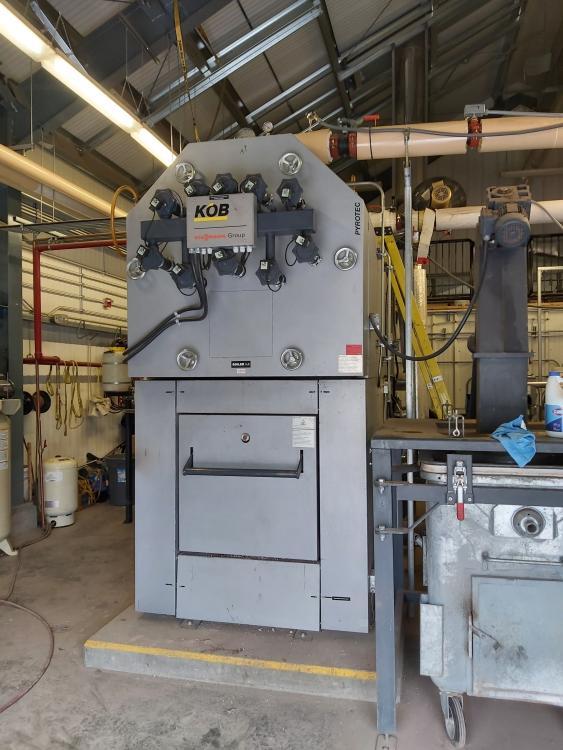
The government has a strategy in place to build a sustainable and energy-efficient future. Part of that strategy is the use of biomass as a renewable energy heat source for buildings. Biomass can be used for heat and power production using fuel materials such as:
- organic waste;
- wood; and
- agricultural scraps.
We’ve chosen wood chips and wood pellets as alternatives to fossil fuels for heating our buildings.
Canada is rich with forests and wood resources. Biomass offers a localized and sustainable energy solution. By using biomass technologies such as wood chip and pellet boilers, we can heat buildings:
- efficiently; and
- in an environmentally friendly way.
Biomass also contributes to waste reduction and the promotion of responsible forestry practices.
Another factor in favour of biomass systems is space requirements. While some renewable energy systems need a lot of space, biomass systems do not. This makes biomass particularly attractive in buildings with limited space. We can often integrate biomass systems into existing mechanical rooms without:
- taking up too much space; or
- compromising site aesthetics.
Biomass systems also offer seamless integration with our existing buildings. Most of our heating systems burn fossil fuels to heat up water that runs throughout the building for heating needs. Shifting to a biomass system simply requires:
- replacing the main boiler; and
- installing a new fuel supply system.
These systems are similar to traditional fossil fuel boilers. Biomass systems burn fuel at high temperatures compatible with our existing heating systems. Many other renewable energy systems cannot reach high enough temperatures to be compatible with existing systems.
The adaptability of biomass systems makes them an attractive option for the Yukon, where we need to optimize space and existing heating systems. The ability to retrofit biomass systems into current setups:
- minimizes disruption; and
- allows for a smooth transition to cleaner energy sources.
Stay tuned for more! Over the next few posts, we’ll continue to explore how biomass can play a crucial role in the Yukon's transition to clean and renewable energy sources.
